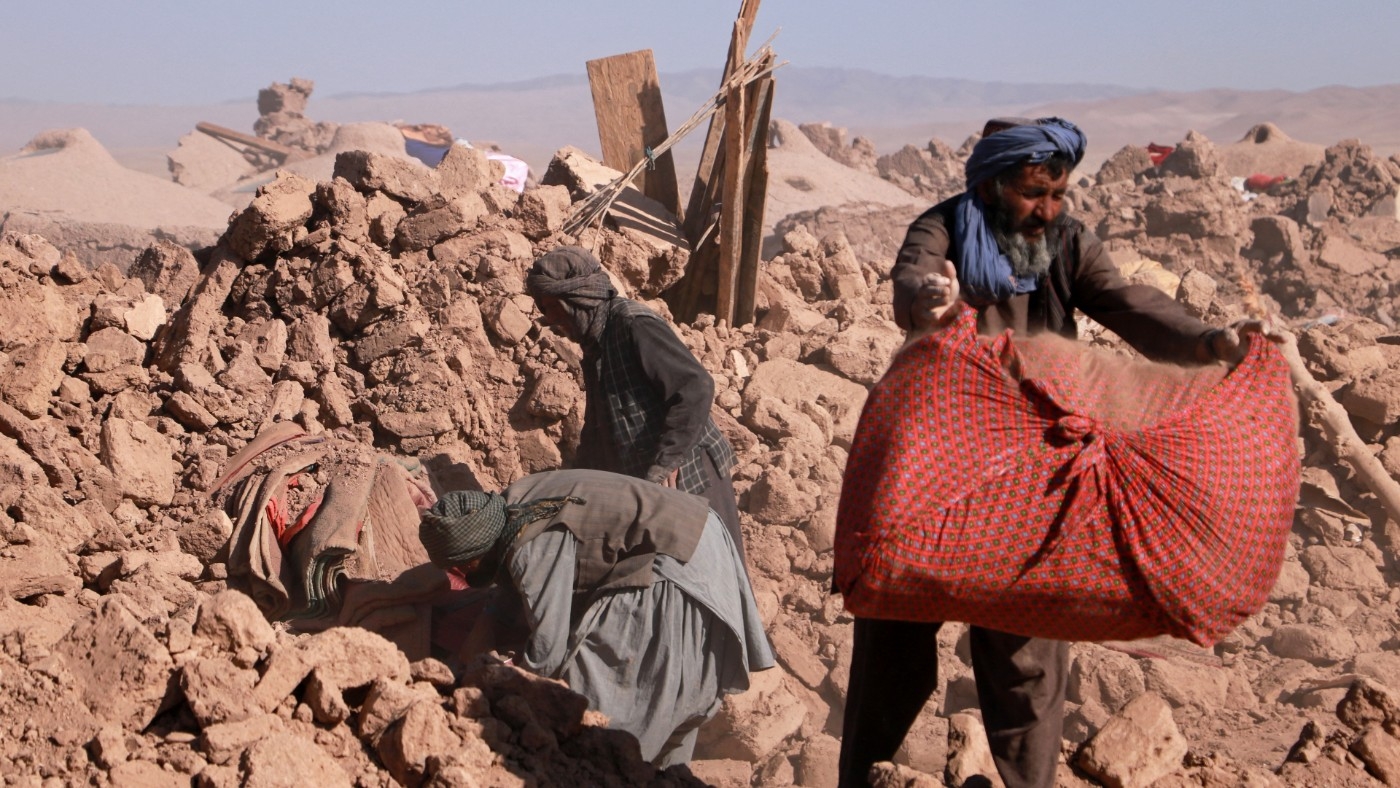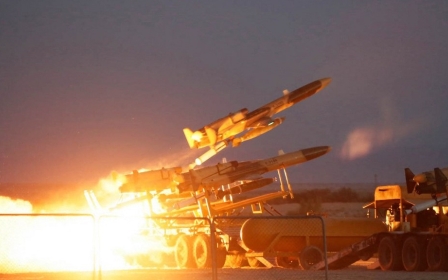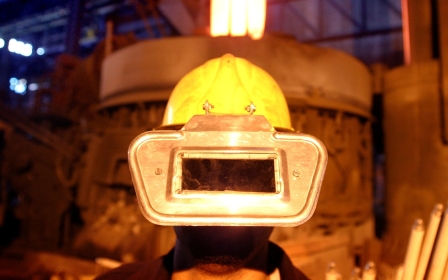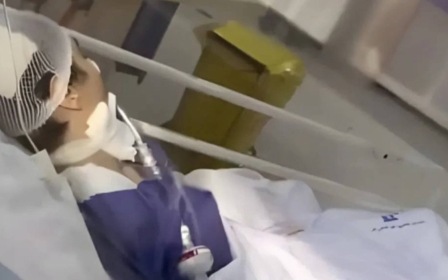Iranian press review: Afghanistan earthquake overshadowed by Gaza war

Afghan earthquake overshadowed by Gaza war
As the world focused on events in Israel and Palestine, much of Iranian media highlighted the plight of Afghans who lost family members and homes in Herat’s deadly earthquake.
On 7 October, a 6.3 magnitude quake near the city in northeastern Afghanistan resulted in more than 4,000 deaths, thousands of injuries and the destruction of at least 20 villages.
On Wednesday, the ISNA news agency reported that Iran's Red Crescent had dispatched a team to the quake-hit region, less than 100km from the Iranian-Afghan border. However, several daily newspapers criticised the lack of attention given to survivors.
On Tuesday, the progressive Ham-Mihan daily reported that this was the deadliest earthquake in Afghanistan since 1998, adding that the exact death toll was not yet precise due to limited access to the region.
“The little information provided by the Afghan government and the war in the Middle East have drawn international attention away from the earthquake. Due to this, limited humanitarian aid was sent to the survivors,” it said.
On the same day, the reformist Etemad paper published an article by an Afghan journalist in Herat, explaining the dire situation in the city and the influx of displaced people in need of aid.
The report stressed that the number of casualties would increase in the coming days, adding: “The survivors are especially critical of those countries that always talk about human rights, but which have not done anything despite the high number of casualties in the Herat quake.”
Monarchists and pro-Saudi opposition support Israel
Iranian opposition groups that support the restoration of the country’s monarchy, and pro-Saudi journalists and activists, have expressed their full support for Israel in the ongoing Israel-Palestine war.
Immediately after Hamas fighters from the besieged Gaza Strip attacked Israel, Reza Pahlavi, the son of Iran's last king, hit out at Palestinians for an “attack on civilians.".
Pahlavi, the leading figure among monarchist activists, wrote on X, formerly known as Twitter: “Today, the Jewish State is again under attack by terrorists with a murderous ideology. These forces of evil and their underwriters must be stopped.”
The Saudi-linked opposition satellite channel, Iran International, also focused its coverage on the damage done to Israel and called the Palestinian operation “the bloody invasion of Israel by Iran-Backed Palestinian Hamas”.
Ali Hussein Ghazizade, a senior journalist and political commentator at Iran International, also took to X, expressing his contentment at the halt in EU aid to Gaza and the increase in US and UK military assistance to Israel.
“US military aid to Israel is on its way to the Mediterranean," he wrote. "Britain announced that it is ready to provide Israel with political, intelligence, and military assistance. The largest rally in history to support Israel is taking shape. Dear terrorists, the party is over!”
Huge teacher shortage in Iran
Since the start of the new academic year on 20 September, Iranian media has reported that the country is struggling with a severe shortage of teachers, raising concerns about the future of education.
The most recent figures, disclosed by legislator Mohammad Vahidi, indicated that 23,000 classrooms across the country are without teachers.
Sadeq Amani, an education expert, told the Resalat daily that this crisis is far from ordinary, attributing the persistent problem to years of mismanagement.
“The roots of the problem go back to years… but this year, the problem entered a new phase,” Amani said, saying that the actual number of required teachers may even surpass 23,000.
He also said that even classrooms that have teachers often suffer from overcrowding.
According to Amani, classes often have as many as 40 to 50 students in major cities like Tehran.
This crisis unfolds against heightened government pressure on educators critical of the establishment. Several teachers have faced dismissal or imprisonment in recent years due to their vocal opposition to the authorities.
On 9 September, the Council for Coordinating Education Unions (CCEU) released a statement condemning the government's aggressive stance toward teachers and demanded the release of imprisoned educators.
*Iranian press review is a digest of news reports not independently verified by Middle East Eye
Middle East Eye propose une couverture et une analyse indépendantes et incomparables du Moyen-Orient, de l’Afrique du Nord et d’autres régions du monde. Pour en savoir plus sur la reprise de ce contenu et les frais qui s’appliquent, veuillez remplir ce formulaire [en anglais]. Pour en savoir plus sur MEE, cliquez ici [en anglais].




